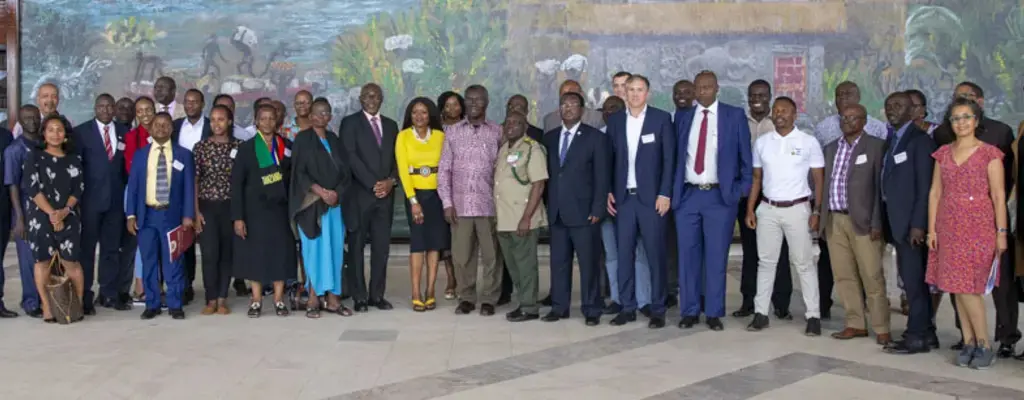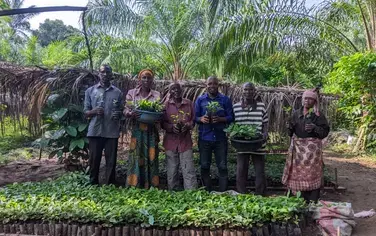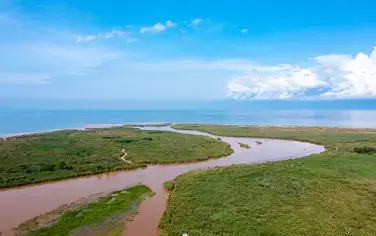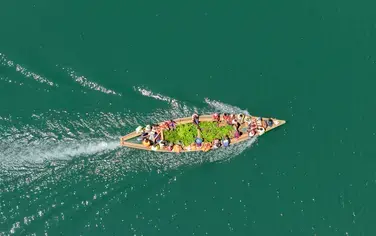By the AFR100 Secretariat
Over four days in Accra, Ghana, more than 20 African countries led the Fourth AFR100 Annual Partnership Meeting with the support of the Initiative’s technical and financial partners.
With the outstanding support of Ghana’s Ministry of Environment, Science, Technology & Innovation, Environmental Protection Agency, and Forestry Commission, the participants visited the Achimota Forest and the Densu wetlands, which the country’s Youth in Afforestation Programme is restoring. During the sessions, rich discussions took place on measuring progress, communicating success stories, and the role of young people in the African restoration movement steered by AFR100.
In Ghana, the AFR100 Secretariat and partners decided that:
- Time is running out. Twenty-eight African countries and partners have committed to an audacious goal. Through AFR100, we pledged in 2015 to transform 100 million hectares of degraded land by 2030. But the clock is ticking, and we only have ten years left. And while we have made progress, we are not yet restoring land quickly enough.
- AFR100 partners must hold one another accountable. Responsibility lies with each of us—the Secretariat, member countries, and partners—to act. AFR100 will adopt monitoring tools to track progress against our goal. And we will communicate progress, lessons, and results.
- Young people are a powerful force for change. They must be at the center of this effort. Five AFR100 Youth Ambassadors reminded us that at its best, restoration can jumpstart rural communities. We must encourage young people to lead the Initiative with their will, ideas, and energy.
- AFR100 is Africa-owned and led, and that is the only way it can succeed. Led by its member countries, AFR100 has worked for 5 years to lay the groundwork for large-scale forest landscape restoration. The work is now going to the landscape level, where civil society organizations, entrepreneurs, and local and rural communities have a vital role to play. Meaningful inclusion and full participation of women and girls, men and boys, is essential for our success.
The participants also agreed that the U.N. Decades on Ecosystem Restoration and Family Farming present an excellent opportunity to accelerate effort to restore degraded and deforested landscapes in Africa. After the meeting, AFR100 joined the Global Landscapes Forum Accra to share what they discussed with a broader audience.




